From the Ryan White CARE Act of 1990, to preventative treatment breakthroughs like PrEP, and improved access to effective testing, among other initiatives, HIV-related deaths in the US have dropped more than 80% since 1995. Although America has made strides toward eradicating HIV/AIDS, there is a stark divide in how it has been addressed. This World AIDS Day, it is imperative we address the inequities related to HIV/AIDS that continue to harm BIPOC communities.
In the US today:
A gay or bisexual Black man has a 50% chance of contracting HIV in their lifetime (compared with 9% of gay or bisexual white men).
44% of Black trans women are living with HIV.
Black women are estimated to be diagnosed at 18x higher the rate of white women in their lifetimes.
Black people living with HIV/AIDS are 7x more likely to die from the virus than white people.
Early public framing of the epidemic as a white gay man’s disease (coupled with the segregation of urban gay communities in the 1970s, and systemic racism more broadly) left Black people out of the conversation. Groups like the Gay Men’s Health Crisis and San Francisco AIDS Foundation grew from mostly-white social networks that were almost fully segregated. Their educational outreach did not extend to Black gay men, and even by the late 1980s, when activists of color began calling on these majority-white groups to develop minority outreach programs, they were labeled “divisive” and dismissed for bringing race into a conversation that previously coalesced around sexuality.
This exclusion of Black voices led many policymakers and members of the medical community to ignore culturally-specific harm reduction approaches and favor intervention among white gay communities. This legacy of exclusion echoes the US’s longstanding health inequities and structural violence against Black people. In particular, this mistrust in the US healthcare system keeps those most in need from seeking out HIV prevention and treatment services.
As we mark 40 years since the first five cases of what became known as AIDS were reported, we must expand the conversation and direct resources to address how HIV/AIDS affects Black communities. We must advocate for access to prevention, testing, and treatment services for all, while also addressing other barriers such as housing and legal protections. We must unlearn prejudice and fear, challenging leadership to provide services and supportive policy-making.
In solidarity and gratitude,
SURJ NYC
